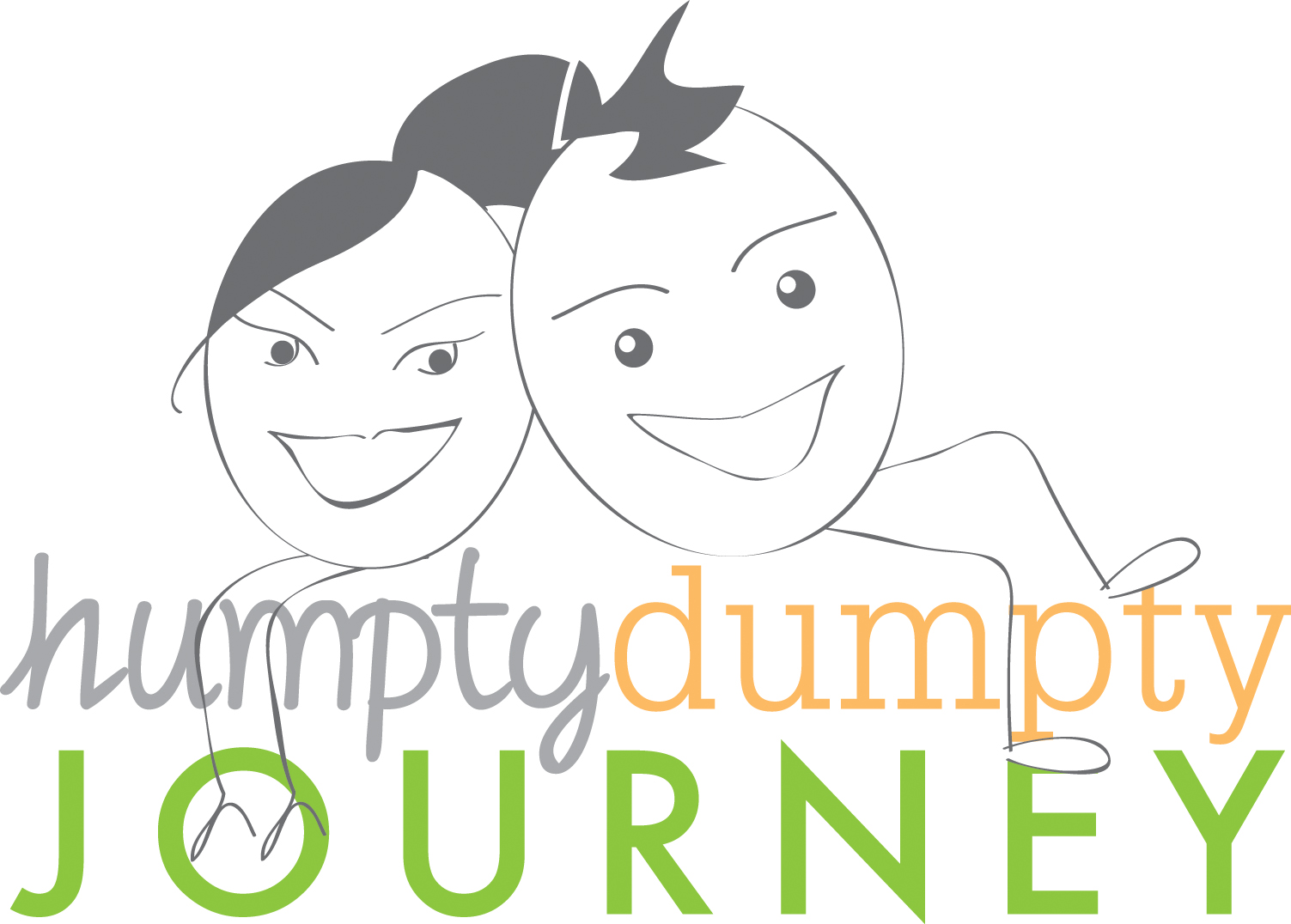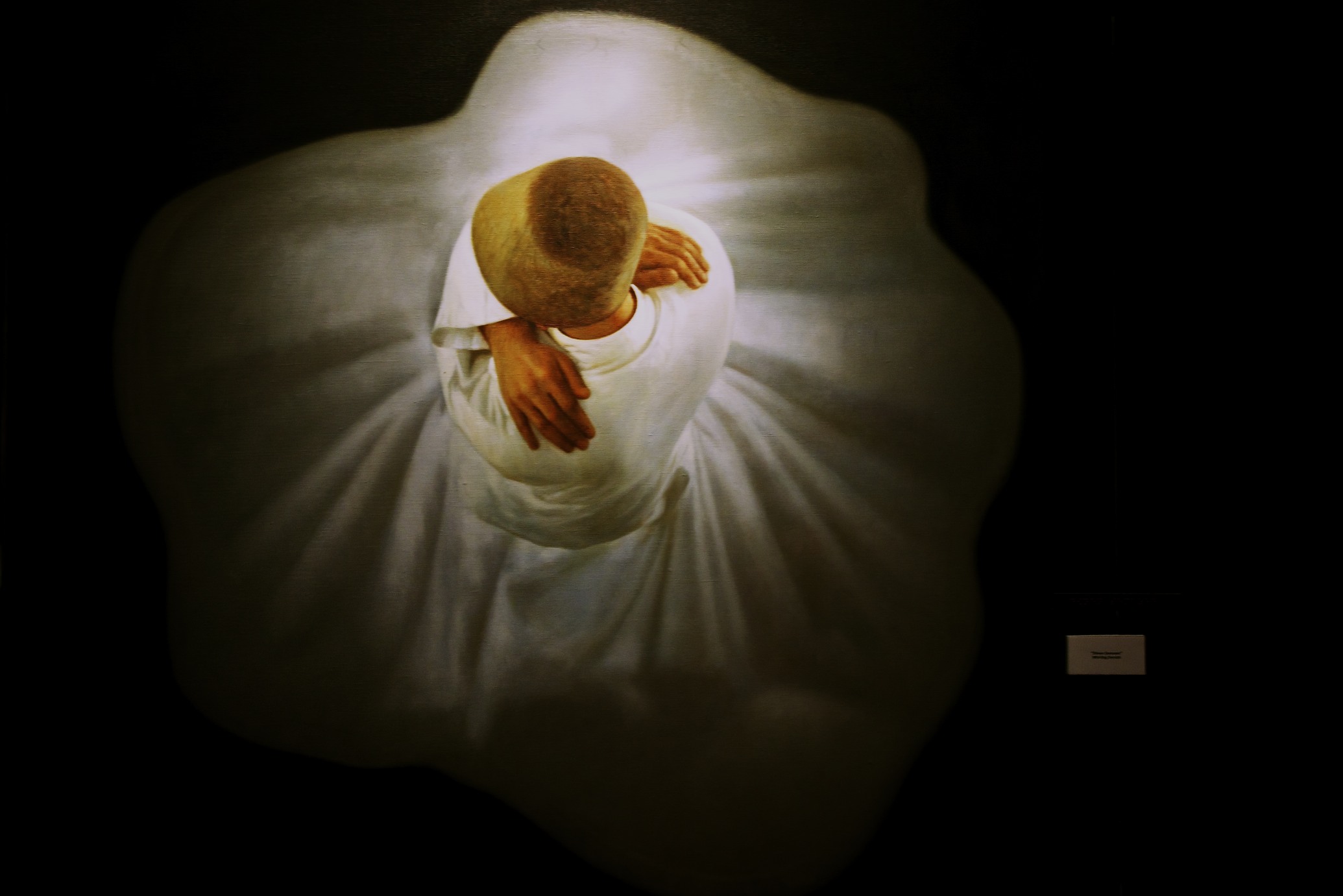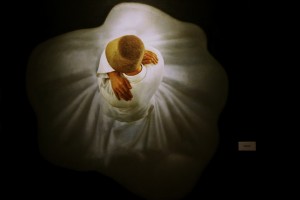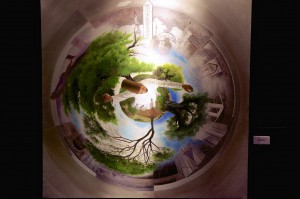Rumi is widely misused and misunderstood in my opinion. He has become a fad. An “it” book to cover up in pretty gift wrap and present it to someone, who will probably pile it on to his or her coffee table collection without reading it. Christian Science monitor ranked Rumi as America’s #1 best-selling poet in 1997. You find him everywhere: on tarot cards, books, scarves, greeting cards and every other commercial enterprise you can think of. Donna Karan used a musical interpretation of Rumi’s poetry at her spring line fashion show in 1998 (ironic). I can’t complain though—at least he has infiltrated the hearts and minds of people in the Western world and now people across the globe can fully appreciate why I love Rumi.
For the Muslim world he is revered for his near flawless moral consciousness and his ability to guide others on that same divine path and to ultimately unite with Allah—the love of his life.
How can I—or anyone else—ever cease being astounded
That He [God] whom nothing can contain is contained in the heart?
He was foremost a devout Muslim and spent most of his life refining his understanding of Islam and creating a pathway to meet God. These “paths” were poetry and whirling in conjunction with music to help him elevate into a higher consciousness. However, according to his teachings, you can’t hope to have that union with God until you’ve eliminated your ego.
For the Western world he is revered for his spiritualism and poetry prowess. The depth in Rumi’s poems resonate with those looking for “something” to make them feel happy or have a better understanding on life.
I am very happy every so often and rarely depressed. But the majority of my existence is spent not feeling either—just floating in this weird state of not feeling happy or sad but knowing that something is missing and I can’t put a finger on it. I conjure up several reasons: if I lose weight, I’ll feel more confident about myself and then I’ll be happy. If I could just find my passion, then I’ll have purpose to my life and that will make me happy. If I could just stick to eating healthy all the time, then I’ll physically feel well and that will make me happy. The list goes on with things I plug into the blank, but none of the answers seem to stick. And I think that’s why I (and perhaps others) am drawn to his poems. He lets me know it’s okay to be imperfect.
Come, come, whoever you are.
Wanderer, idolator, worshipper of fire,
Come even though you have broken your vows a thousand times,
Come, and come yet again.
Ours is not a caravan of despair.
Barks writes, “[Rumi] is not some mystic snob. He sees beauty and importance of anything human beings do, no matter how scandalous and violent…the slipping and sliding around sex…But he always uses human incident as a lens to look into soul growth”.
There are hundreds of books out there that say in order to be happy you must first get rid of your ego. But I don’t even know what ego really is let alone being able to destroy it. Sure I know the conventional definition of ego, but how do I actually find it, catch it and throw it jail? This is where Rumi becomes helpful. He figured out a way to do all three things in his existence and taught thousands, maybe millions, of souls by being a living example and leaving behind a guide for others to follow.
What I love the most about him was his “recklessness”—he pursued love (for him that was God and Shams) at all costs and, above all else, never paid heed to propriety or any other social constraints. Wealth, status, power and materialism meant nothing to him. Instead he considered them as roadblocks to transcending into the higher dimensions of being. He simply wanted the freedom to cherish and express love in any way he felt moved to.
Of course I’ve always known about him, but it wasn’t until now that I sought him. Perhaps it’s because I need him. The old me: I did weigh my decisions based on societal and family pressures. I did choose work that led to money but not to emotional wealth (before this trip of course!). I did always pick the safer way in order to avoid risks. I did eat like it was my last meal (and paid the price). And, most of all, I did judge. You. Me. The person next to me. This resulted in creating a functional, well-oiled robot–a machine that always made the logical decision and not one made by the human heart. I was a visitor in life, who will get her Earth visa stamp upon exit into death, with nothing to even show for my time here but some glossy, empty post card photos. Somehow I trapped myself into a passionless and equally fearful life. All these reasons and more are why I love Rumi. He showed me that by not judging, I could love myself and the person next to me on the train. That pursuit of love is noble and who cares if you’re not memorialized or remembered? That liberation begins with having no attachments to this worldliness and hold nothing back in the way love.
These below poems touched me in different ways, and I hope they will speak to you too.
I get so caught up in thinking about the future—planning and fantasizing about what could be. If I used a fraction of that time actually doing, I wouldn’t have to daydream so much.
Begin
This is now. Now is,
all there is. Don’t wait for Then;
strike the spark, light the fire.
Sit at the Beloved’s table
feast with gusto, drink your fill
then dance
the way branches
of jasmine and cypress
dance in the spring wind.
The green earth
is your cloth;
tailor your robe
with dignity and grace.
Sometimes we get so caught-up in our molecular life. Like getting fired or dumped seems so “end-of-this-world” or believing we’ve nothing more left to achieve. This poem reminds me that I need to stick out my head more often and see that my reality reaches much farther than I think it does. Just look.
The Road Home
An ant hurries along a threshing floor with its wheat grain,
moving between stacks of wheat, not knowing the abundance all around.
It thinks its one grain is all there is to love.
So we choose a tiny seed to be devoted to.
This body, one path or one teacher.
Look wider and farther.
The essence of every human being can see,
and what that essence—eye takes in, the being becomes.
Saturn. Solomon!
The ocean pours through a jar, and you might say it swims inside the fish!
This mystery gives peace to your longing and makes the road home home.
“Quietness” eloquently describes those rare moments when I sit alone and am utterly dumbfounded by the beauty around me, like the rustling of leaves in the Autumn wind or when I can, on rare occasions, feel my entire being pulsating.
Quietness
Inside this new love, die.
Your way begins on the other side.
Become the sky.
Take an ax to the prison wall.
Escape. Walk out like someone suddenly born into color.
Do it now.
You’re covered with thick cloud.
Slide out the side. Die, and be quiet.
Quietness is the surest sign that you’ve died.
Your old life was a frantic running from silence.
The speechless full moon comes out now.
Sources Used:
Teachings of Shams-i-Tabrezi



